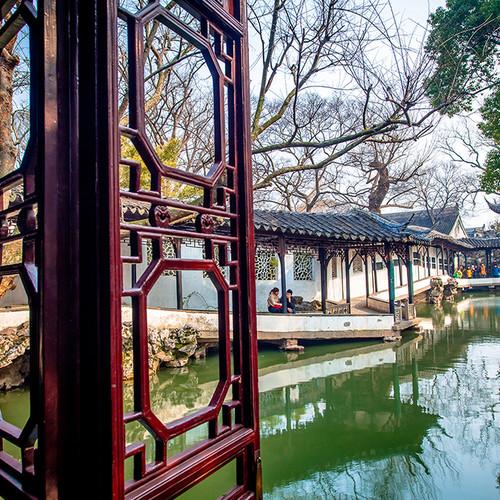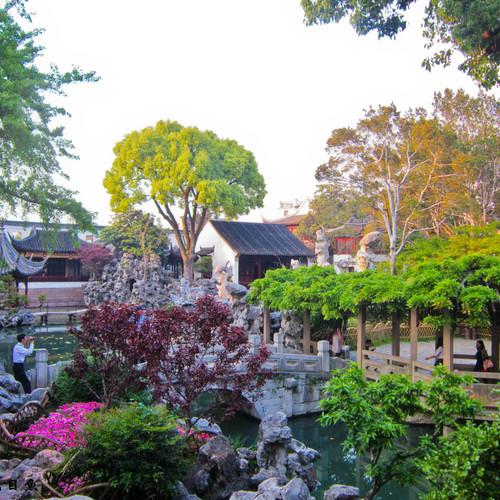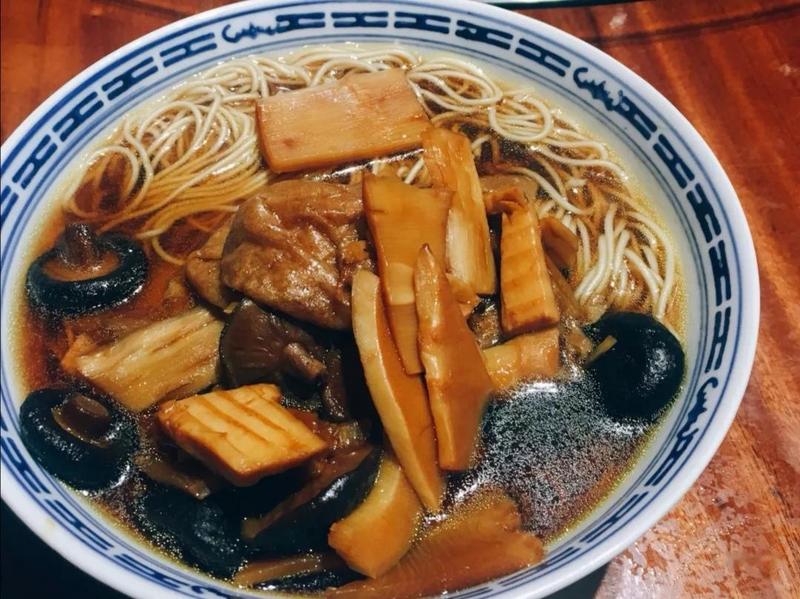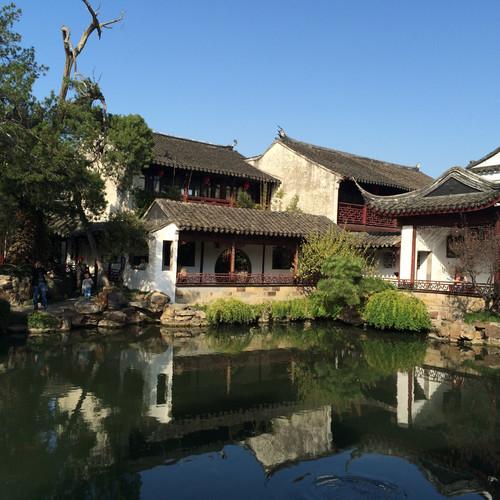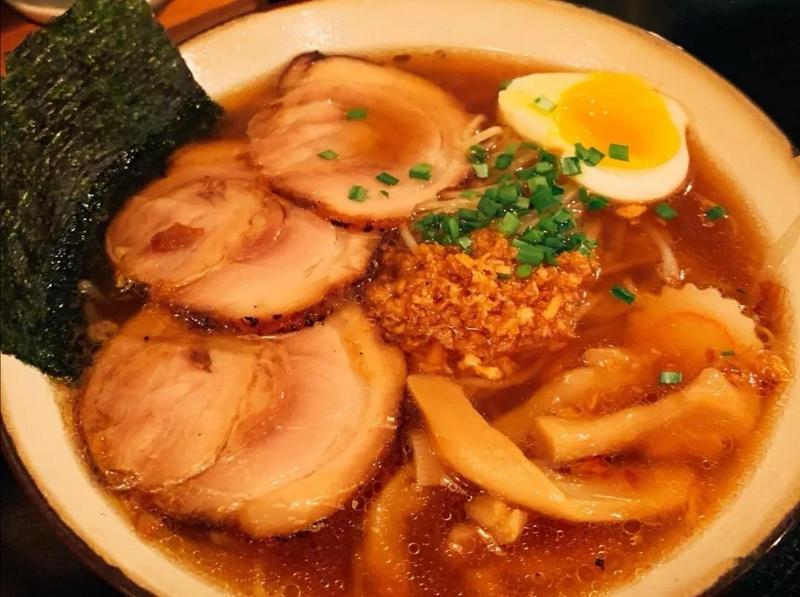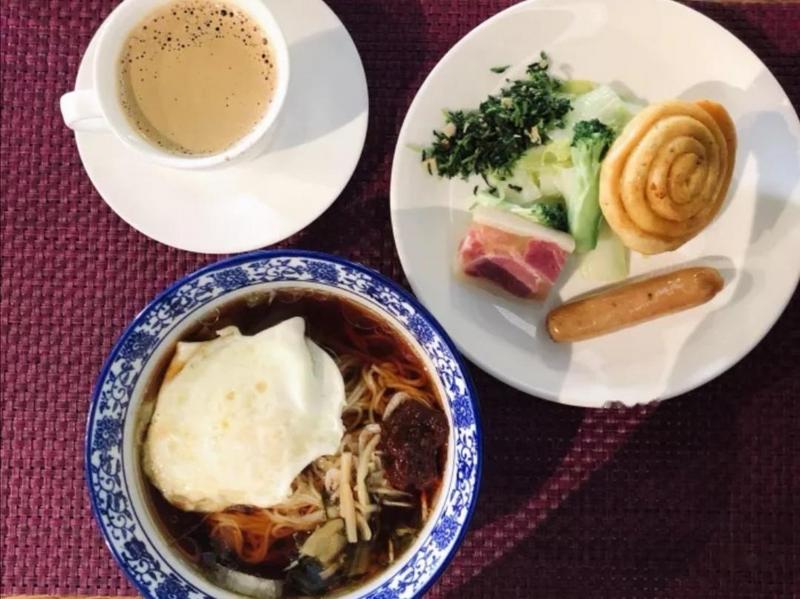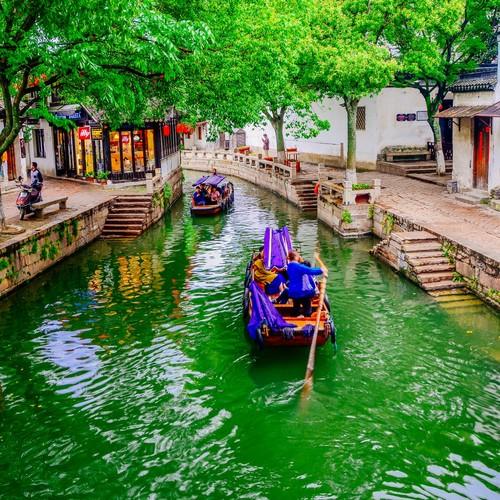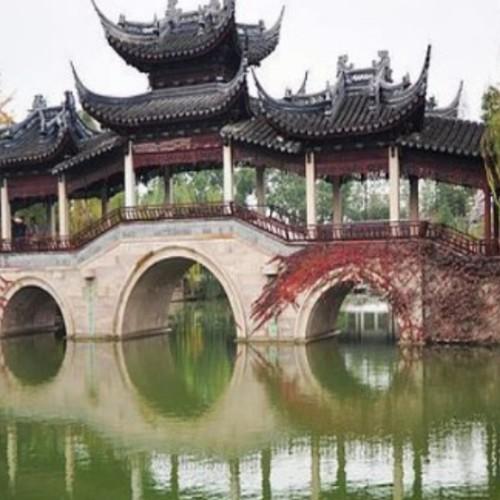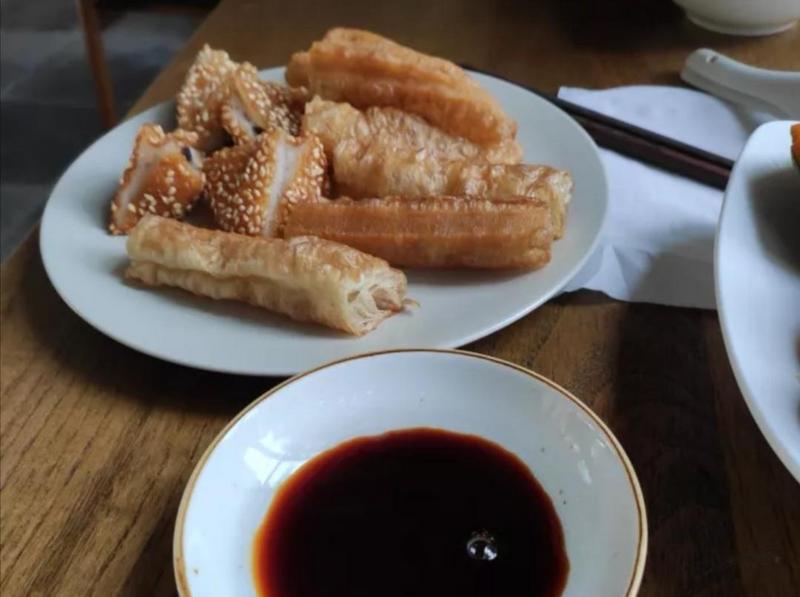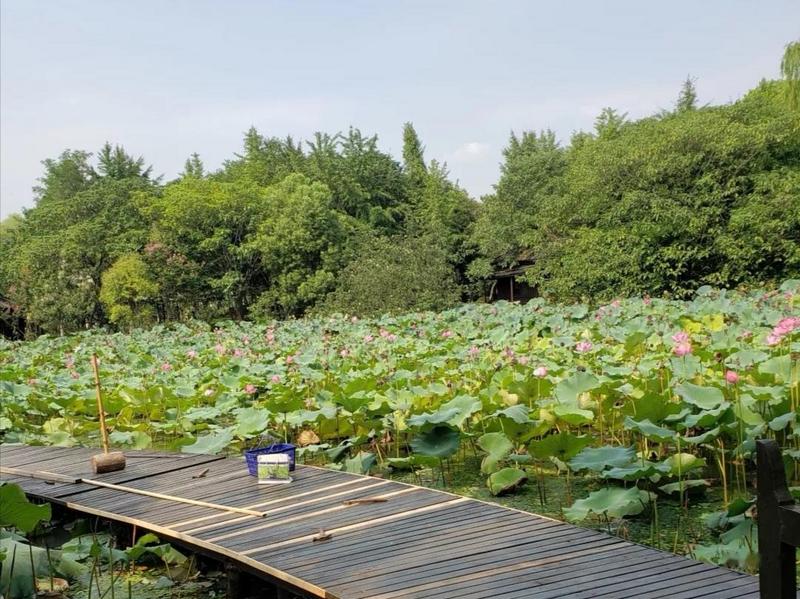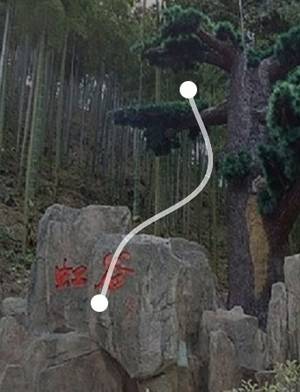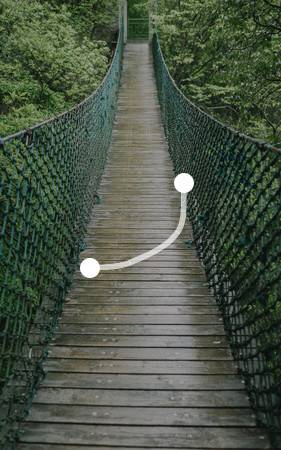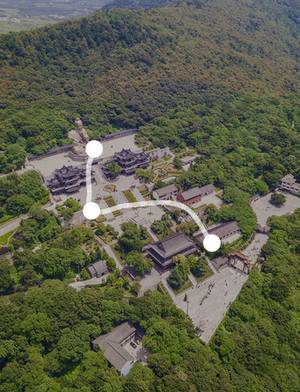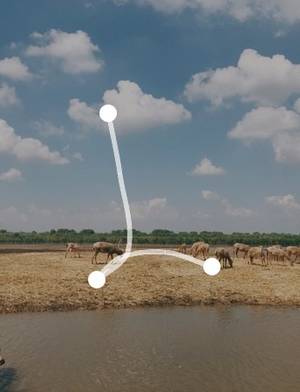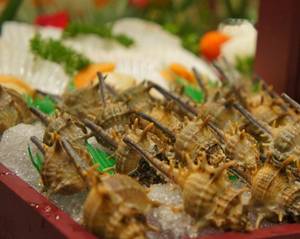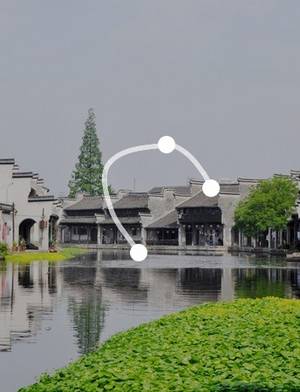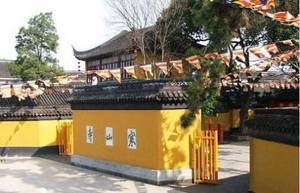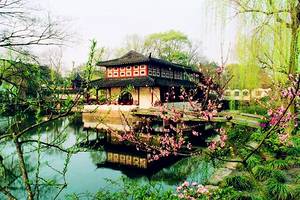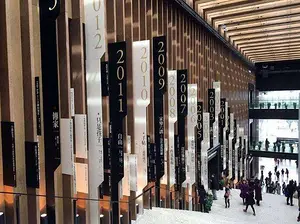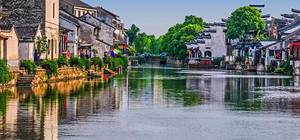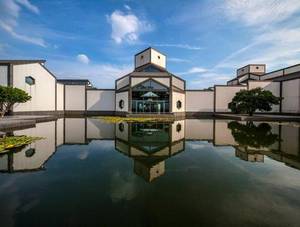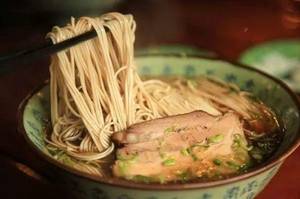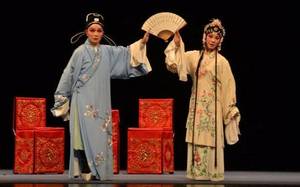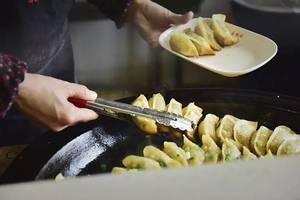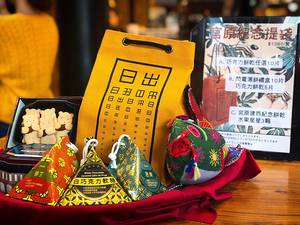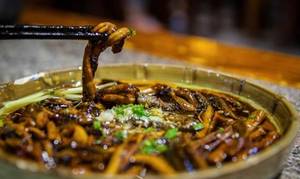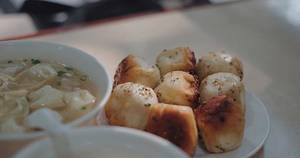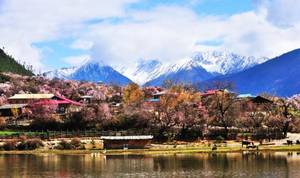Trip to Suzhou Garden Town
1 cities |
14 attraction(s) |
total distance 108
km
 TIPS
TIPS
Day1
Day2
Day3
Day1: SUZHOU
8 attraction(s) ·
41 km
2
The largest representative classical garden in Suzhou, along with the Summer Palace in Beijing, the Mountain Resort in Chengde, and the Lingering Garden in Suzhou, is renowned as one of the Four Famous Gardens of China.
1
km
3
Built in 1342 AD, it is one of the representative traditional Chinese private gardens.
5
km
4
The hall is very spacious and simple, an old house from the Qing Dynasty, with a grand and elegant atmosphere, and ancient and beautiful old pillars, which is calming to look at. In the vegetarian hall, there are old tables and chairs that have been used for over a hundred years. There are two types of plain noodles in Xiyuan Temple: one is Ruyi noodles and the other is Guanyin noodles. The toppings for Ruyi noodles include wood ear mushrooms, dried daylily, and roasted gluten, priced at 10 yuan per bowl; the toppings for Guanyin noodles include shiitake mushrooms, oil-braised gluten, and mushrooms, priced at 15 yuan per bowl. They are all cheap and delicious.
1
km
5
Built during the Wanli reign of the Ming Dynasty, it is one of the four famous gardens in China, together with the Humble Administrator's Garden in Suzhou, the Summer Palace in Beijing, and the Chengde Mountain Resort.
6
km
6
It is the oldest garden in Suzhou and one of the four famous gardens in Suzhou. It was originally a palace garden of the King of Wuyue during the Five Dynasties period.
2
km
7
The Master of the Nets Garden is one of the four famous gardens in Suzhou and is a representative work of art and cultural value in Suzhou gardens.
1
km
8
Just like in the movie "Midnight Diner", the small restaurant has a Japanese-style decoration and authentic Japanese cuisine. Recommended dishes include fried chicken wings, seafood udon, pork bone ramen, Kyoto-style soy sauce char siu ramen, traditional squid ball soup, cat rice, satay beef rice, etc.
23
km
Day2: SUZHOU
4 attraction(s) ·
68 km
1
The inn offers a variety of breakfast options. Unlimited servings of red date and pork tea, as well as complimentary snacks, are available in the lobby. The breakfast can only be described as healthy and exquisite.
1
km
2
Jiangnan Liutong Ancient Town is one of the famous ancient towns, built in the Song Dynasty, with a history of over 1000 years.
6
km
3
Jingsi Garden is elegant and exquisite, with wind pavilions, rain buildings, and moon boats. It is a classical garden in Jiangnan, located in the outskirts of Wujian District, Suzhou. Covering an area of over 100 acres, the garden features small and unique buildings, including the Crane Pavilion Bridge, Little Rainbow, Jingyuan Hall, Tianxiang Book House, Pangshan Thatch Cottage, Suzhou Brick Carving and Bonsai Garden, the Monument Gallery of Scientists in Different Dynasties, and the Verse Gallery of Stone Appreciation. The "Qingyun Peak" is over nine meters high and weighs 136 tons, setting a record as the largest Lingbi stone in the Guinness World Records.
5
km
4
The hotel has beautiful surroundings, a good location, and most importantly, it offers authentic Wujiang cuisine. The landlady personally cooks delicious homemade dishes, which are truly fragrant and reasonably priced. Recommended dishes include: Special Eight Treasure Duck, Glutinous Rice Balls in Osmanthus Wine, Stir-Fried Tonly Vegetables, Special Salted Pork Rice, Snail Stuffed with Meat in Clay Pot, and Homemade Stir-Fried Shrimp, etc.
58
km
Day3: SUZHOU
2 attraction(s) ·
1 km
1
Opposite the front desk is the dining area for refreshments. Breakfast is usually served here too. The landlady sometimes personally prepares breakfast, which may not have many varieties but is very abundant. There are special dishes like Shajiabang's mushroom oil noodles, delicious deep-fried dough sticks, sesame rice balls, and even specially crafted side dishes.
1
km
2
Shajiabang Town is located in the southern part of Changshu City, adjacent to the picturesque Yangcheng Lake in the south and the sparkling Kuncheng Lake in the north. It faces the Yushan Mountain across the lake, with a total area of 33.13 square kilometers and a population of 1.86 million. The climate here is pleasant, the land is fertile, and the natural resources are abundant. The local people are simple and honest, and it is known as the "land of fish and rice" in the Jiangnan region. During the anti-Japanese war, in the green reed marshes, the soldiers of the New Fourth Army and the people of Shajiabang co-wrote magnificent battle poems, which were used as materials to create the Peking Opera "Shajiabang". It became well-known throughout China and made Shajiabang famous both at home and abroad.

